“We were sitting in the living room, playing with some toys and listening to music. My daughter suddenly raised up her hands, moving them from the left to the right… I thought, ‘what’s she doing? Is she ok?’
And then I realized that ‘Wheels On The Bus’ had started – she recognized the tune… and she was doing the action of the wipers. She had never done that before!”
The foundation for many of the skills we use throughout our lives is laid during infancy and toddlerhood.
During these very early years, infants and toddlers are masters of storing information about the world around them.
As they start to make more sense of the world, patterns begin to emerge, and they classify and categorize the pieces of their world.
They begin to recognize patterns in behavior, in music, in objects in front of them, in routines, etc.
These skills, which we discuss more in depth on this week’s corresponding podcast episode, “Match, Classify & Pattern,“ fall under the realm of “cognitive development,” and are actually foundational math skills that your little one will draw upon later on when he begins his academic career.
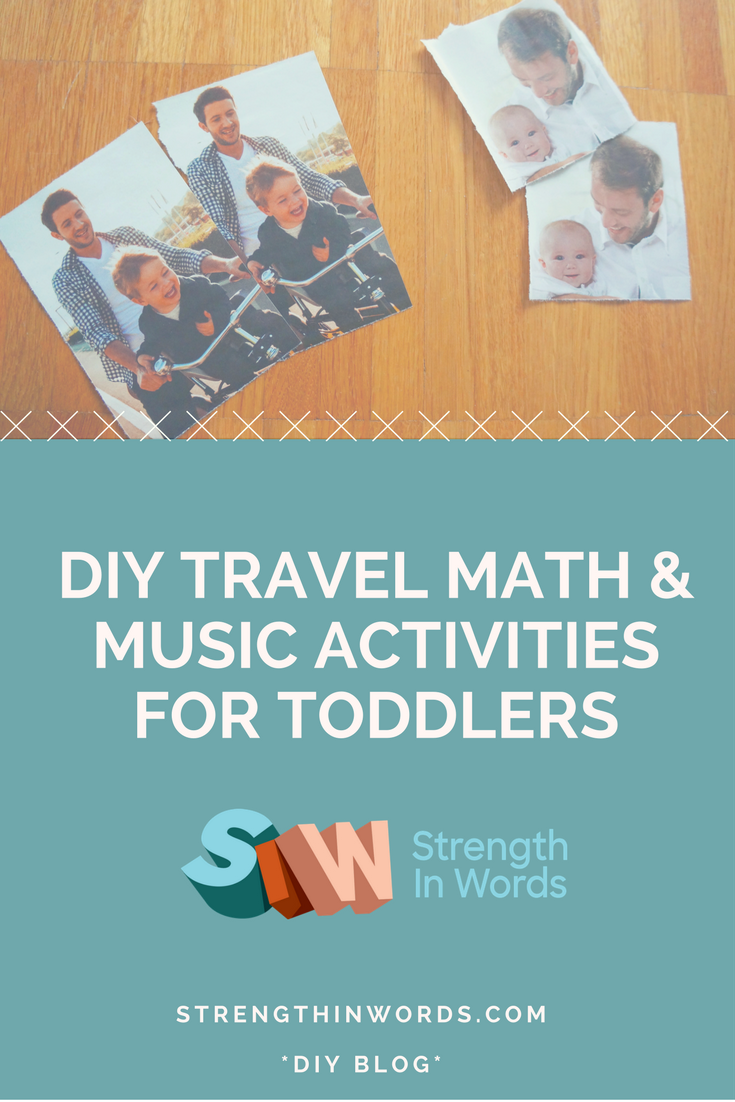
We also discussed the fact that these skills also require the ability to understand specific vocabulary, to visually distinguish between a few items or pictures, and to take in various aspects of objects in the environment (qualities like “soft,” “big,” “short,” etc.).
We discussed that young children often begin to understand a basic meaning of these words before they are able to express them (sometimes resulting in our surprise as caregivers, when they are given a chance to show us what they know!)
We created a few games out of magazine pictures (you know, the ones you can find in the back of the seat in a plane or a train!) and infused them with music to further engage and enhance the interactional and play-focused aspects of the games — and de-accentuating any impulse to simply “drill and practice” these skills.
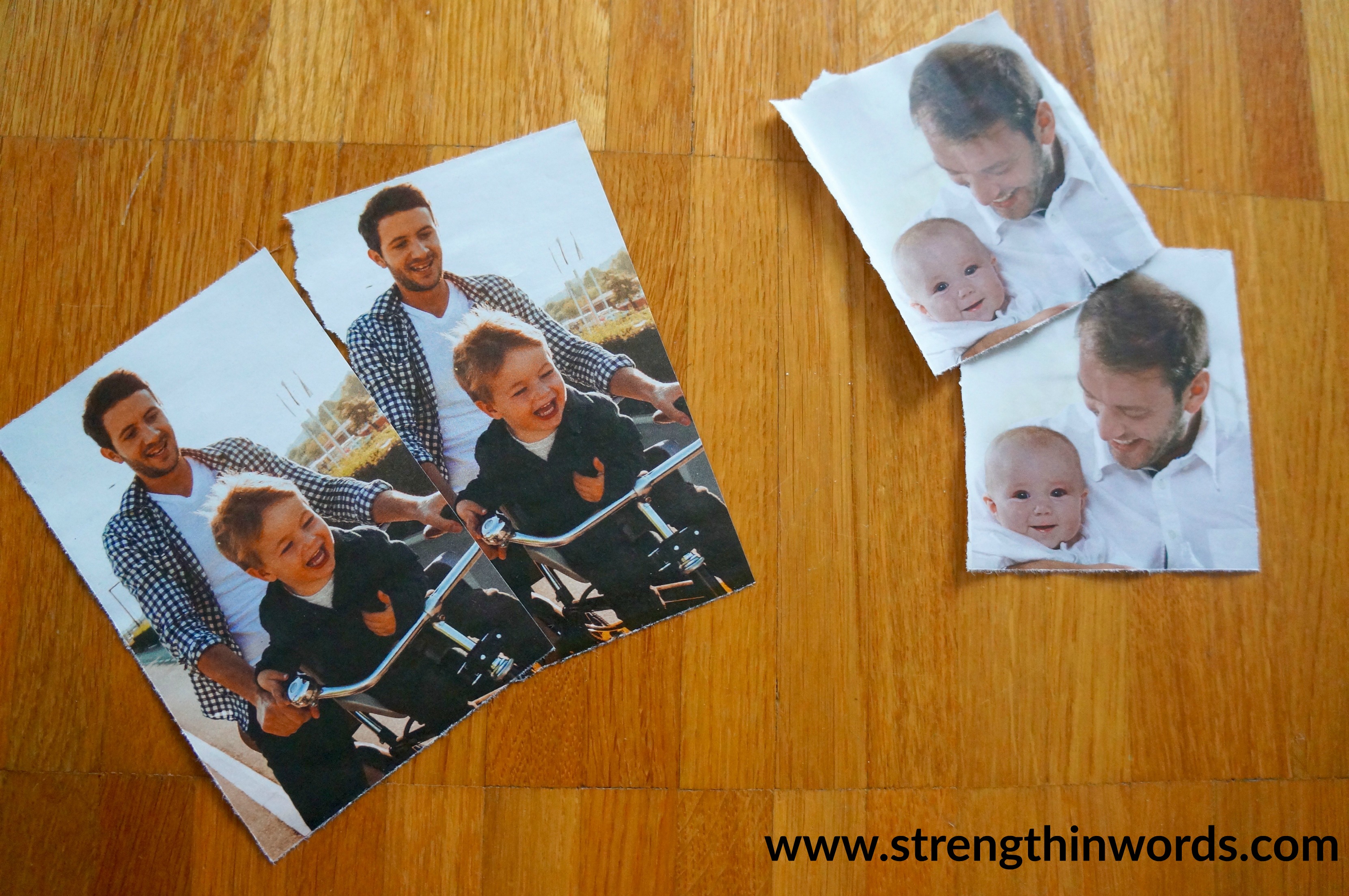
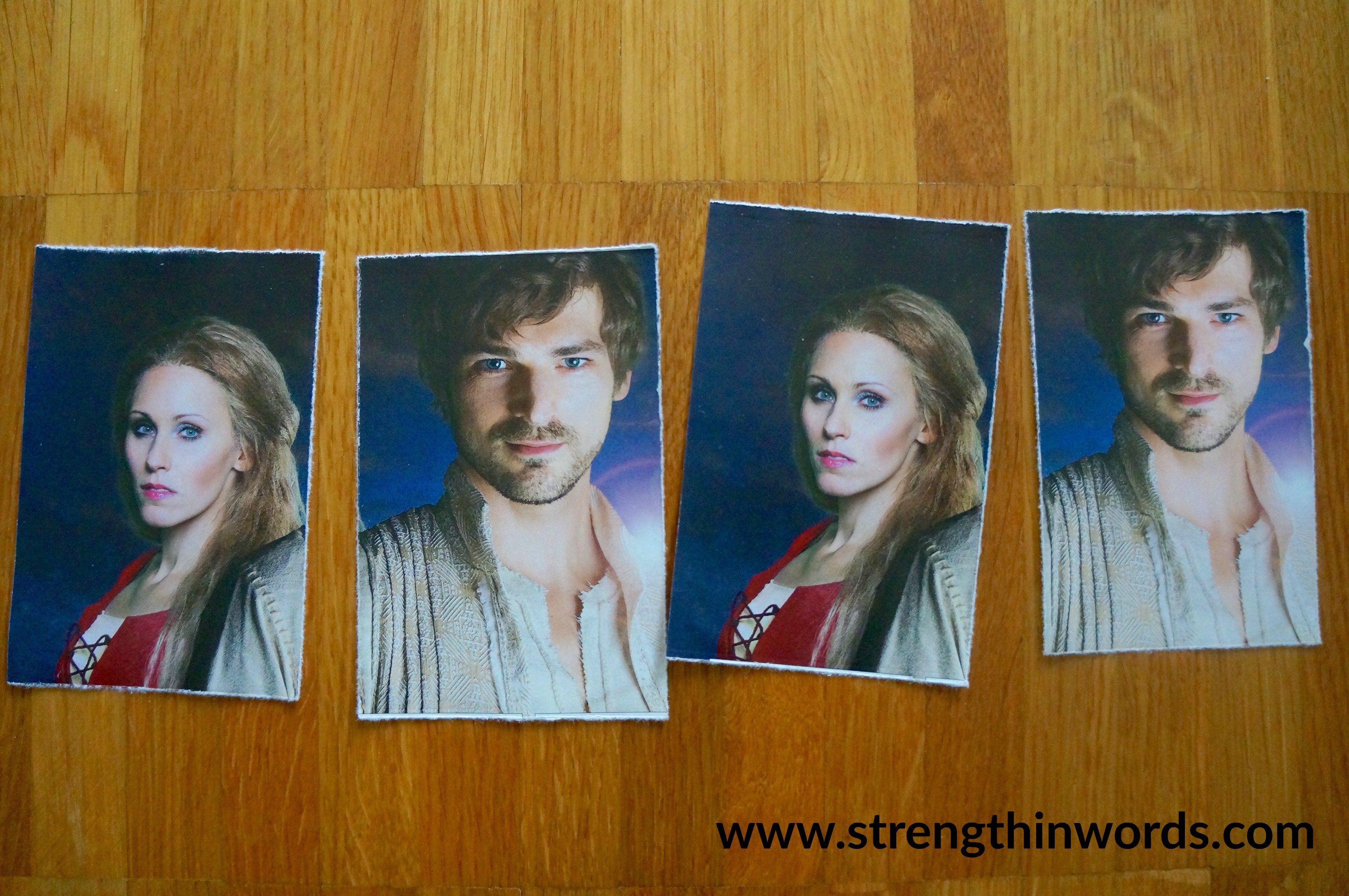
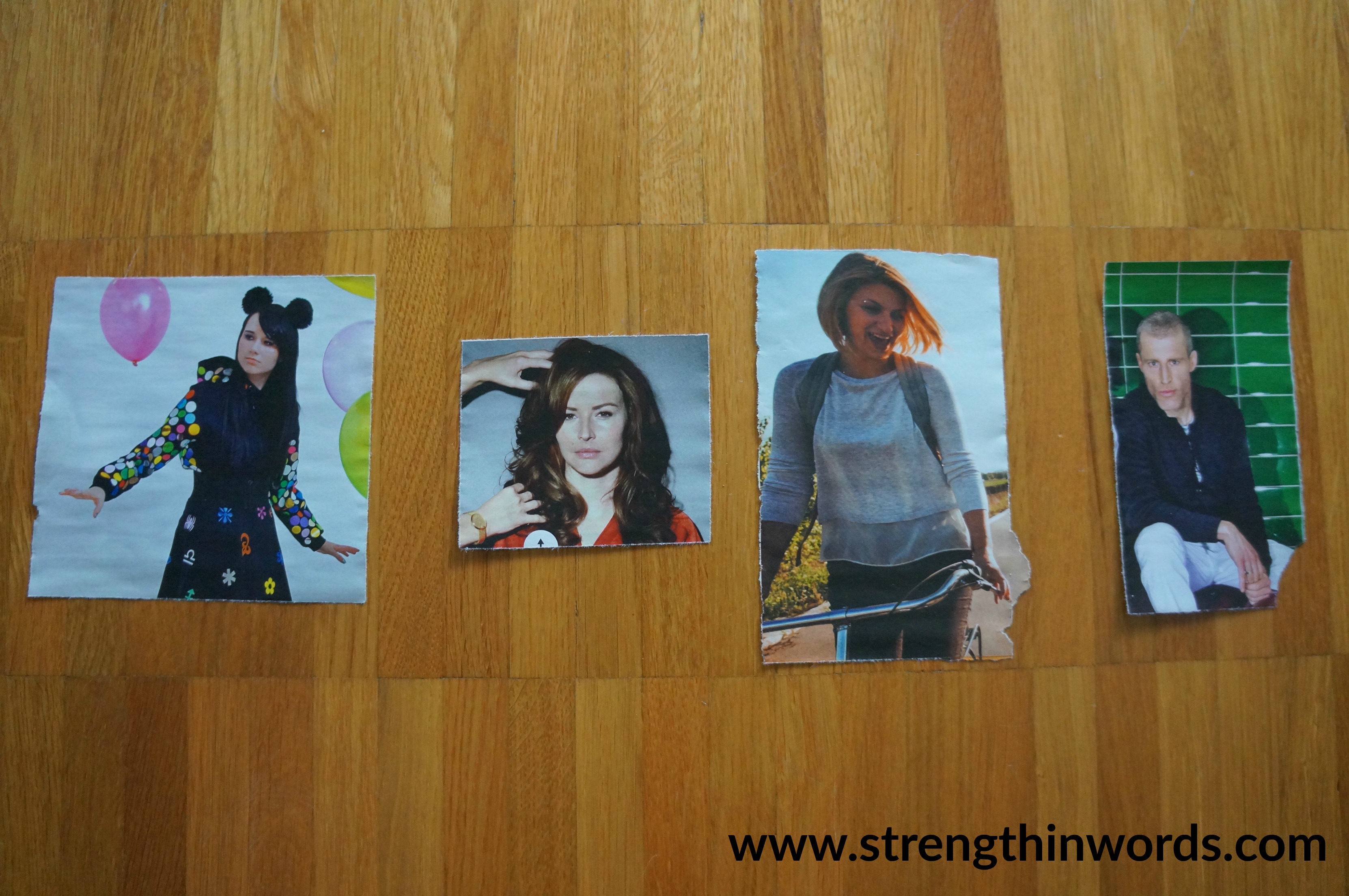
Don't Miss our Corresponding Podcast Episode!
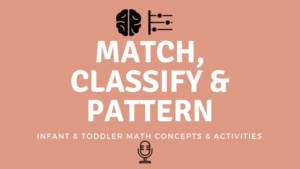
Materials to create your DIY travel math & music games:
- Two travel magazines (found in the seat in front of you on an airplane or train journey)
- A variety of images (cut or ripped carefully) out of both magazines) highlighting various aspects or categories of items or people. For instance:
- Men/women/children of various ages and ethnicities
- People dressed in different colors
- People performing various simple actions (biking, walking, sitting, eating, etc.)
- People with varying facial expressions
- A variety of food items
- A variety of common household objects – or simply representations of objects with which you know your baby has some familiarity/knowledge
Instructions to create your DIY travel math & music games:
- Carefully rip the full page out of the magazine (ensuring there’s not an image you like better on the other side!)
- Figure out the borders of where you want your picture to be, and fold the picture over (on both sides), carefully ripping along the line you created
- It doesn’t have to be perfect! This is meant to be an easy game created on the go!
- Decide how you want to organize the images, and what kind of game you want to play first, and set your “questions” to a tune, as we do in this week’s podcast episode:
- Matching: place 2-4 pictures in front of you and your toddler, in addition to the one you’re singing about (the one you intend to match) – you might start with two, and then work your way up to more, adding additional images for your toddler to discriminate (this adds to his cognitive load, making the task slightly more difficult!)
- Categorizing: place 2-4 images in front of you and your toddler (same rules apply as above), ensuring that at least one is not within the category you have chosen!
- Patterning: offer a simple choice of two images at a time within the same category to focus the energy and attention on the creation of the pattern, instead of the categories. Sing about the one you’ll do first, and the kind of picture you’ll place down next (again, listen to our example in the episode!), and then give your toddler a choice of which image he’d like to put down next.
- Use strategies for success!
- Relate images to experiences in your lives
- Make it fun and silly, adding an element of play (i.e., pretend to slurp the soup you see, dance like the woman in the picture, etc.)
- Help your toddler by giving more information about the items you’re looking at, by describing them (i.e., “all of these are food – food is what we eat! Yum!”)
Ages
- Typically within the second year of life (12-24 months), we see toddlers develop an emerging ability to match “like” objects, but some research suggests that even young infants are beginning to visually categorize items based on their familiarity (i.e., more familiar objects tend to hold their gaze for a longer period of time!)
- While these specific games are most appropriate for toddlers (as well as preschoolers!), modifications can be made with infants! Here are some ideas:
- Simply looking at images and talking about what you see, and where you have seen it before
- Acting out actions
- Making choices between 1 of 2 images about which he’d like you to sing next!
This post contains affiliate links. All activities described by Learn With Less assume close and continuous supervision of the child by an adult.
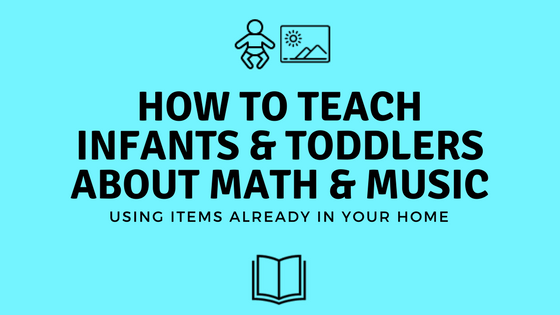
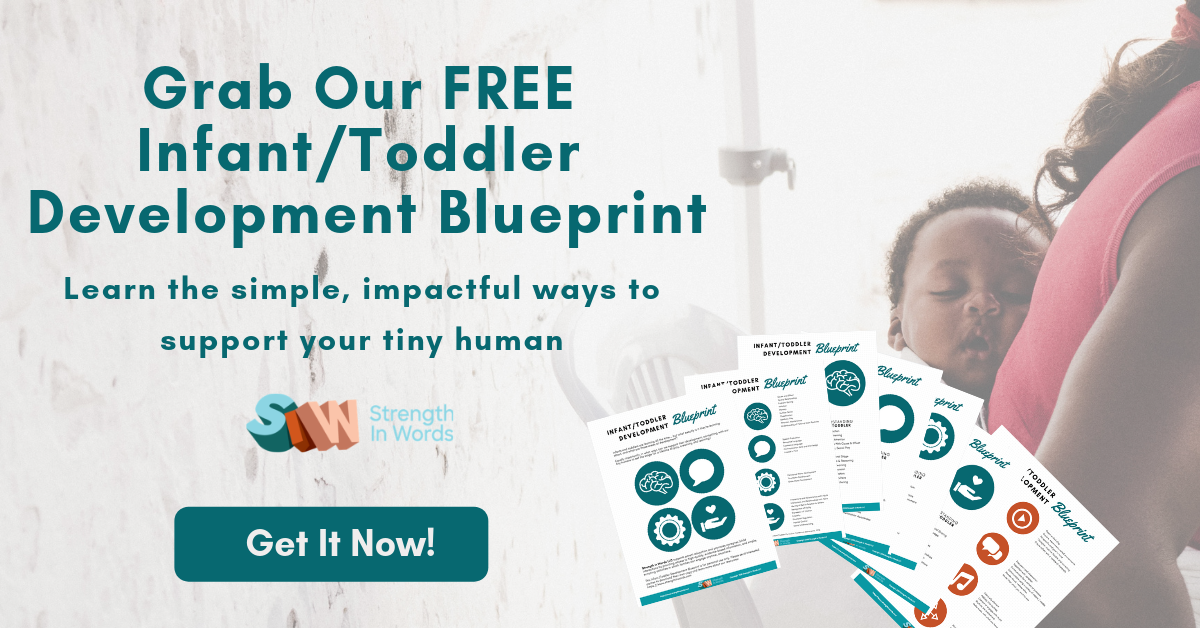
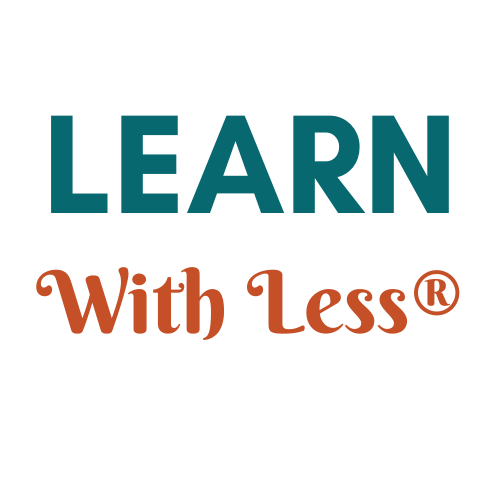
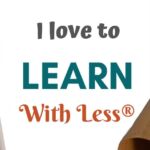




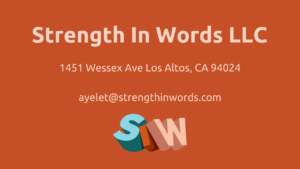
I’m always on the lookout for educational travel activities for kids. Thanks for sharing on Toddler Fun Friday 🙂
Thanks for reading, Tina! Many of our activities can be easily modified for travel!